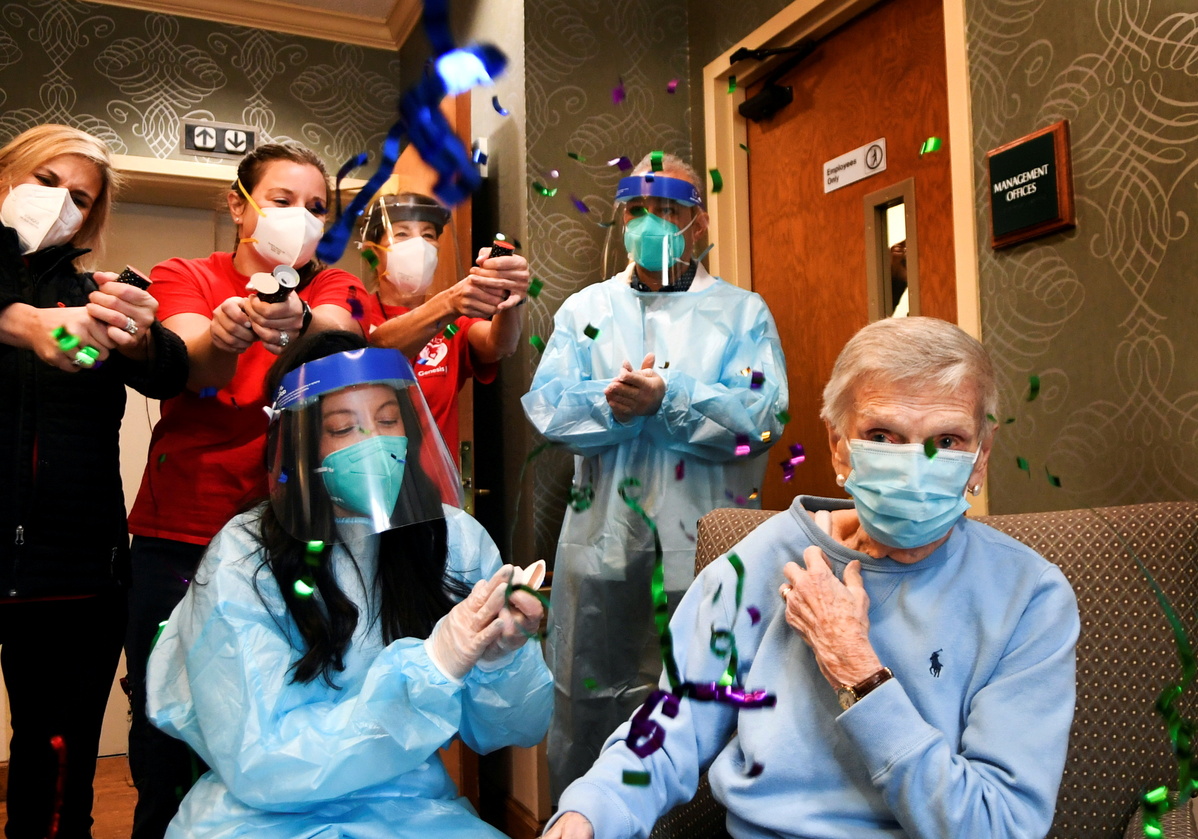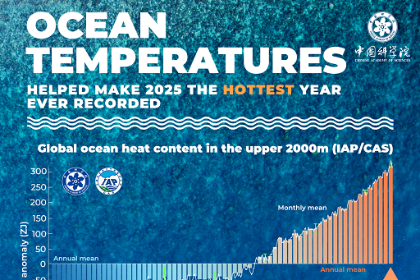Light at the end of a long tunnel

Accessibility issue

Rich countries, such as Canada, the US, the UK, members of the European Union and Australia, have preordered the most vaccines per capita.
The WHO's COVAX facility, a global coalition of 190 economies pushing for equitable distribution of the vaccines, aims to access 2 billion doses by the end of this year. But the effort has been haunted by a funding shortage, with Tedros urging the partners to fill an immediate funding gap of $4.3 billion to procure vaccines for the most needy countries.
Foreign Ministry spokesman Wang Wenbin pledged that China is fulfilling its commitments with concrete actions to ensure the accessibility and affordability of its COVID-19 vaccines in developing countries.
China currently has five vaccines entering phase three clinical trials. Reports said the vaccines can be preserved for 36 months at temperatures of 2 C to 8 C, which makes them easy to store and use, even in developing countries. Pfizer's vaccine, for instance, must be stored at ultracold temperatures of -70 C, but can last in normal refrigeration for up to five days, according to reports.
Mike Ryan, executive director of the WHO Health Emergencies Programme, said vaccines will have a major impact on morbidity and mortality rates in high-risk groups.
"But the impact on transmission will not come until a much higher proportion of the population of a country is vaccinated," he said.
Besides insufficient supply and inequitable distribution, hesitancy over getting vaccinated is a major concern. A survey of US citizens by the Pew Research Center released early last month showed 39 percent of respondents would "definitely" or "probably not" get a coronavirus vaccine.
A survey conducted in 15 countries in October by global market researcher Ipsos, found that only one in five respondents would immediately get a COVID-19 vaccine after it became available. In most countries, more than one in five people said they would wait a few months to a year before getting vaccinated.
Bruce Aylward, a senior adviser to Tedros, said that the world is going into this year with more hope because it has the knowledge and tools to fight the coronavirus. Vaccines, new therapeutics, tests and other methods have allowed people to see the light at the end of the tunnel. "It's a long tunnel," added Aylward, a Canadian physician and epidemiologist.
Tedros and other WHO officials and experts have stressed that people and authorities still need to do all the basics this year, from social distancing, wearing masks and hand hygiene to contact tracing, testing and quarantine.
The organization recently warned Europe that "there is a high risk of further resurgence in the first weeks and months of 2021, and we will need to work together if we are to succeed in preventing it". Europe and the Americas are still the epicenters of new cases and deaths, despite new lockdown measures imposed in many European countries in recent weeks.























